Starbucks vs Local Cafe Doesn’t Always End How You Might Think
It's the Coffee News Roundup: Week Ending December 12th
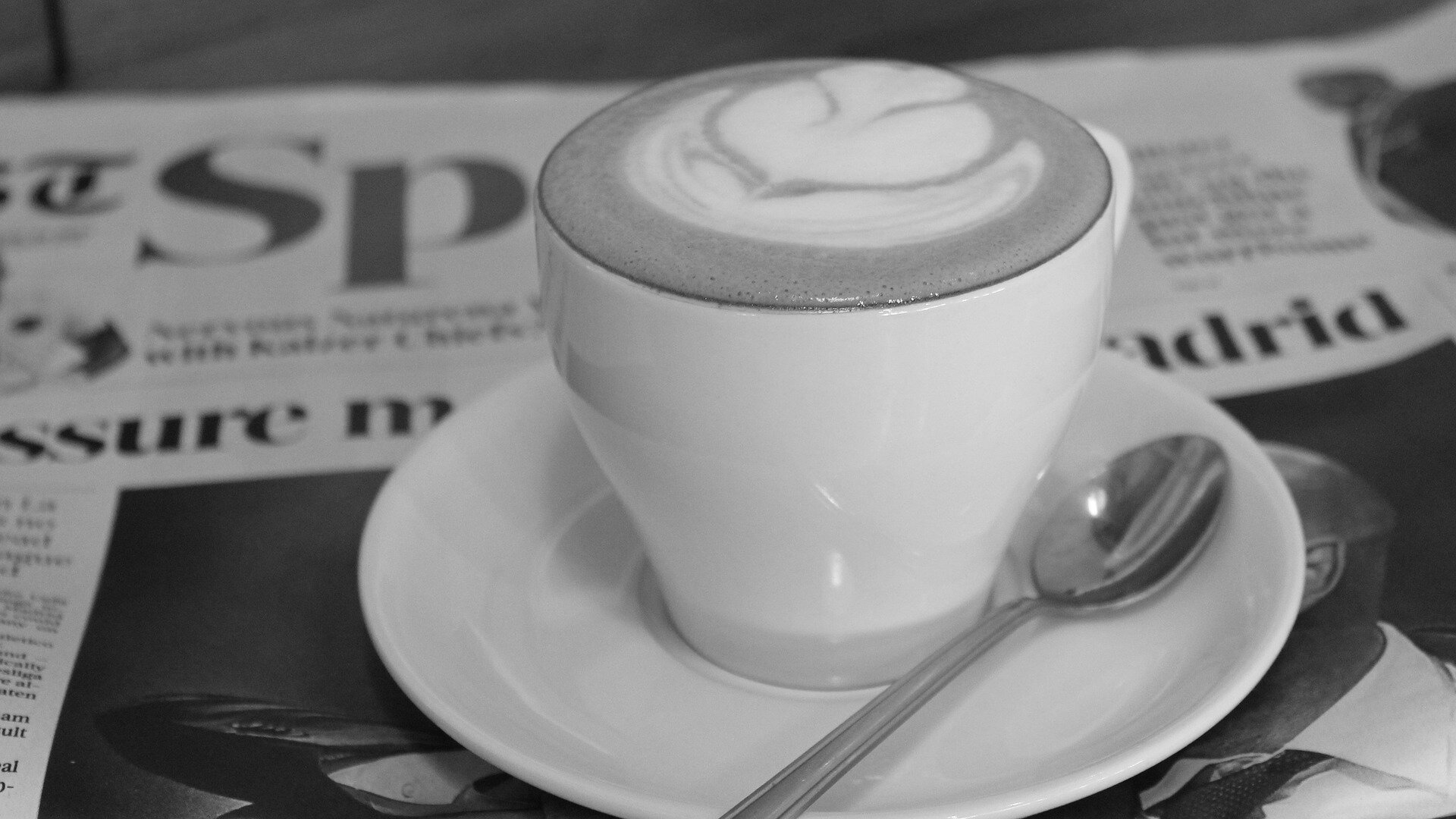
A white coffee cup with latte art and spoon sits atop a newspaper. Via Pixabay.
I’m not exactly sure what happened to the last week, but apparently it is once again Friday? Waiting for confirmation.
In the meantime, I guess this means we should take a look at the week’s coffee news. And it looks like this week is going to be a Coffeewashing Greatest Hits compilation—what fun.
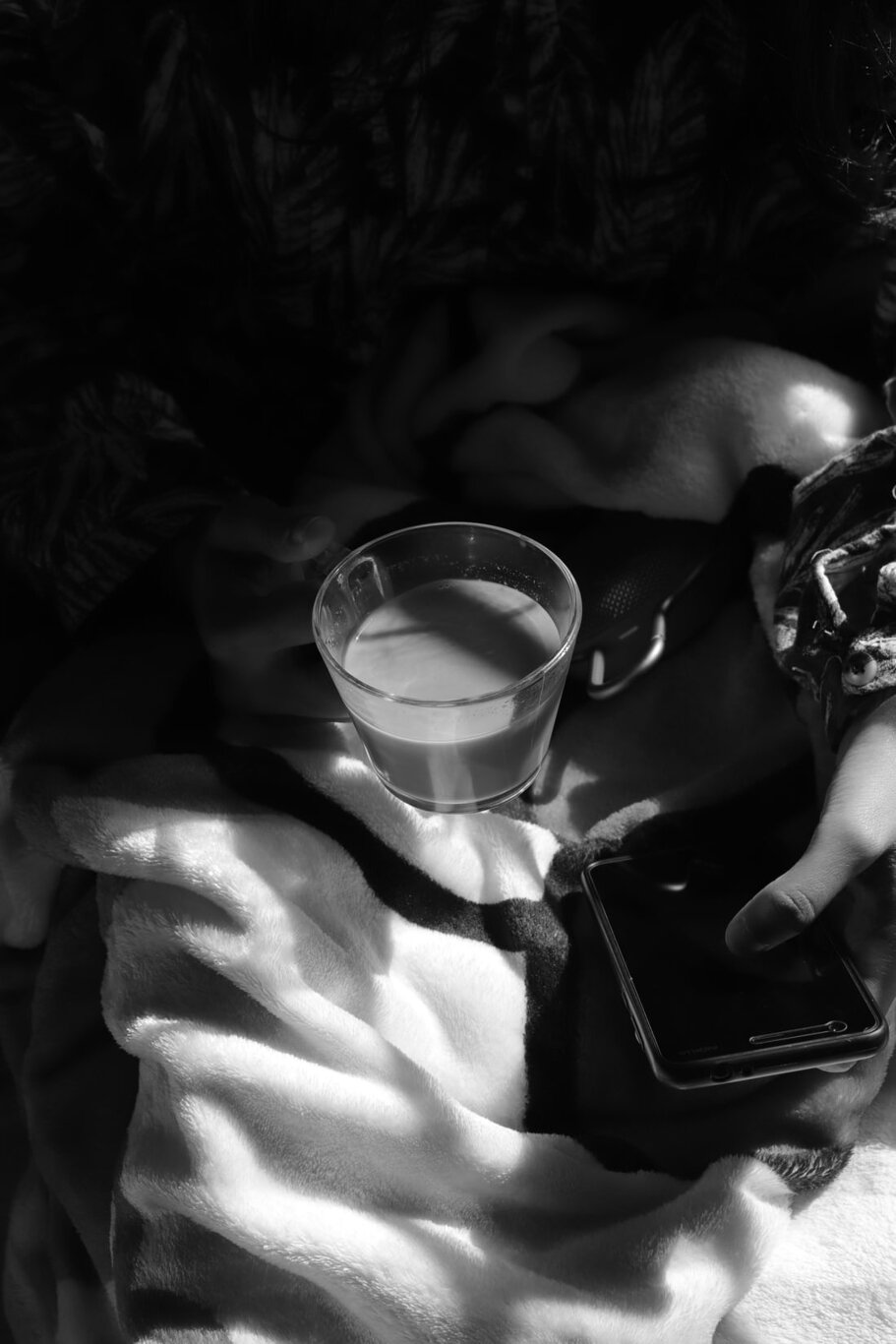
A person looks at the their phone while holding a cup of coffee in close-up. Via Unsplash.
This whole “bean-to-cup” traceability blockchain app thing has become a trend of late, so it’s no big surprise to see Starbucks join in on the fun.
Starbucks’ app isn’t blockchain, but it touts a similar approach to traceability, allowing customers the chance to “meet the many people whose hard work, time and attention makes coffee possible,” according to Starbucks Senior Vice President for Global Coffee, Tea and Cocoa, Michelle Burns.
Burns continues: “We’ve always known where our coffee comes from as part of [Coffee and Farmer Equity] (CAFE) Practices, our responsible sourcing program, but now, with this tool we have the opportunity to transparently share that information with everyone.”
That’s right, Starbucks has always known where their coffee comes from. Apart from all the coffee that was grown with child and slave labor. They had no idea where that stuff came from.
Back in May, we discussed Nespresso’s latest installment of their “Reviving Origins” marketing cam— I mean, humanitarian effort. That project, in Uganda, got a lot of credulous coverage, and this one is no different.
Reviving Origins is, on the face of it, Nespresso’s heroic mission to focus on forgotten or neglected coffee growing regions and invest in their futures. And it’s true that many of these places do need help, this latest one included. The eastern Democratic Republic of Congo is an especially unstable region, suffering ongoing conflicts, mass migrations, and outbreaks of disease.
Eastern DRC is also a tough place for coffee farmers, as Daily Coffee News has reported, but one that holds a lot of potential. So, good for Nespresso.
BUT. Once again, the news story doesn’t mention how much money they’re putting into the project, or really what they’re doing. As the story tells it, “Through training and technical support to improve coffee quality and sustainable practices while increasing farmer incomes, the Nespresso program currently involves some 450 DRC coffee farmers, and the goal is to reach 5,000 farmers by 2024.”
Nespresso is putting $10 million into Reviving Origins, total, over five years. By comparison in 2013, the latest year for which figures are available, Nespresso had revenues of $10.8 billion.
By more comparison, they’ve apparently paid George Clooney $40 million to be the smug face of their brand, and even gave Matt Damon $3 million for a 20 second ad.
So forgive me if I’m skeptical of the giant corporation’s good intentions.
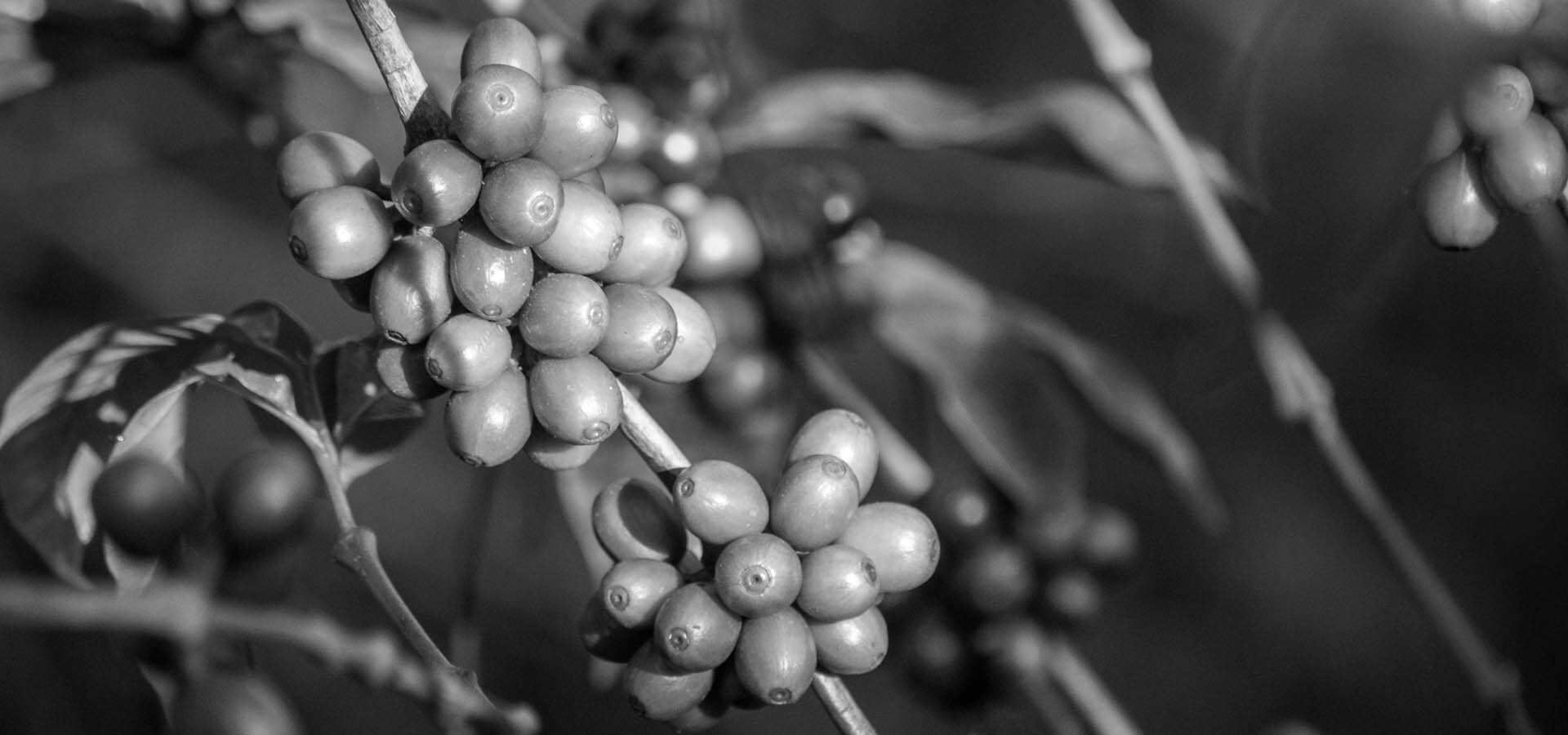
Coffee cherries on the branch
'Instant Coffee' COVID Tests Could Be the Answer to Reopening the U.S. (not technically about coffee, but interesting nonetheless)
Cropster Delves Into Artificial Intelligence With Temperature Curve Predictions (insert Skynet joke here)
Ex-Workers Allege Sexism, Mistreatment Of Homeless By Sacramento Coffee Kingpin
We already did this, but hey let’s do one more. (I’m switching from “greenwashing” to a a word I just made up, “coffeewashing”, because not all the stories I want to cover in this section are greenwashing, but they do all use coffee to boost their company’s reputation. So there’s that.)
“Olam Leads $200K COVID-19 Support Effort for Indonesian Coffee Farmers” reads the headline. Good for them—Indonesia is one of the worst-hit countries in Southeast Asia, and coffee producers could probably use the help.
It is worth pointing out, however, that one of the companies involved is—you guessed it—Nespresso. And also, why is this news? Why the need to publicize it? Surely if these companies were doing it out of the goodness of their collective hearts (ha ha) then they shouldn’t need the press adulation.
Well! Apparently, if everyone in the world (?) drank at least two cups (?) of coffee per day, “the world would see hundreds of thousands fewer deaths from liver cancer.” Yes, that’s what the article says.
Research from some scientists in Australia has claimed that “if everyone in the world had been drinking two cups of coffee a day in 2016, there would have been 452,861 fewer deaths from liver cancer.” If everyone drank four cups, that number would be 723,287.
No mention of what two cups actually means, and no mention of whether “everyone in the world” includes small children, but I like their style.
Also this week, a way to make chocolate healthier is to add coffee grounds and peanut shells. You know, because of all the antioxidants. Crunchy.
This week I was very kindly sent a box of coffee from Mirror Coffee Roasters in Bellingham, Washington. I’ve only just started working my way through the three bags, starting with (of course) the Ethiopia Yirgacheffee Peaberry natural. I’m a fan of natural Ethiopia coffee in general, and this one has a big blackberry sweetness that is most enjoyable.

A person sits on the floor reading a book. via Unsplash
This Man Turns Discarded Coffee Cups Into Roads by Bianca Nogrady and Hannah Ryan
At Singapore’s Apartment Coffee, It’s Back To Business As Usual by Beau Badinski
Until next week, drink good coffee. Wear your mask.
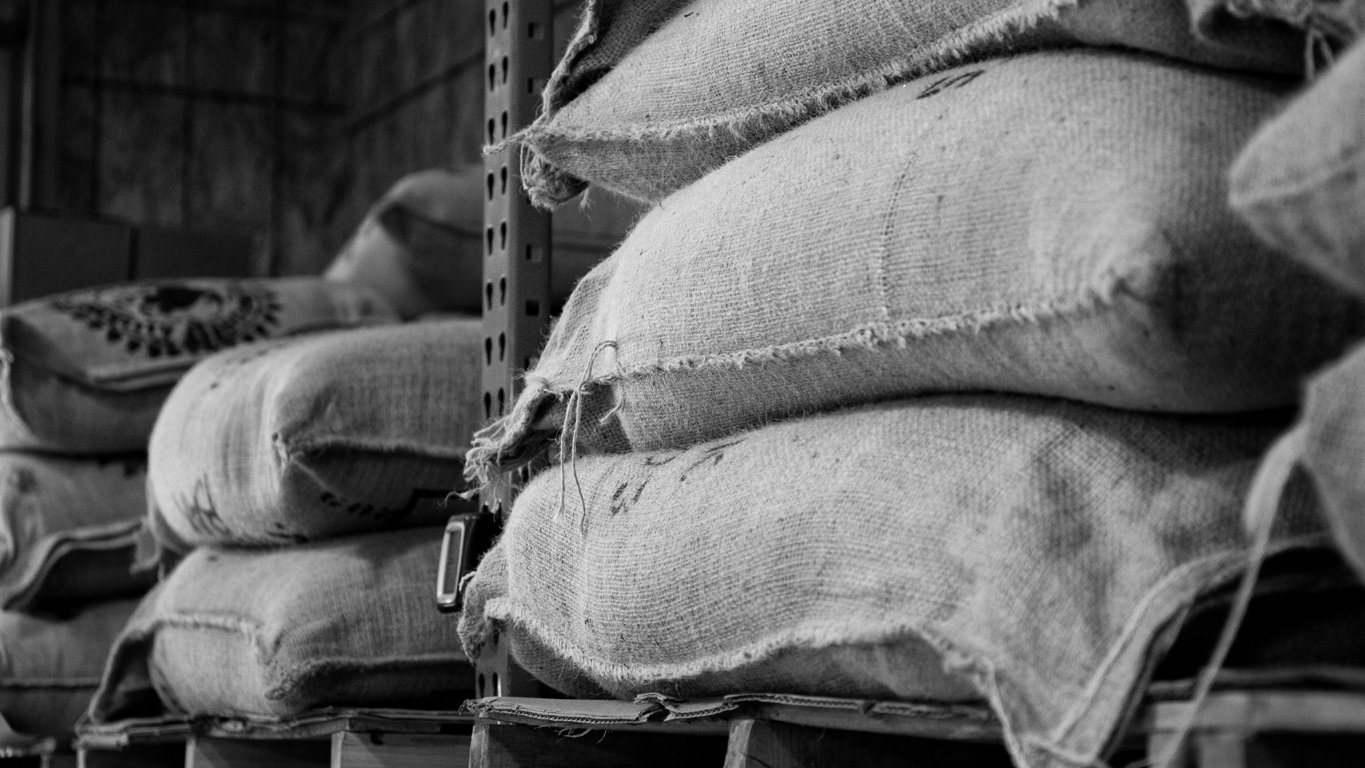
Nov 24, 2023 Connecting the Dots: Inside the 2023 Coffee Barometer Nov 24, 2023 Nov 24, 2023
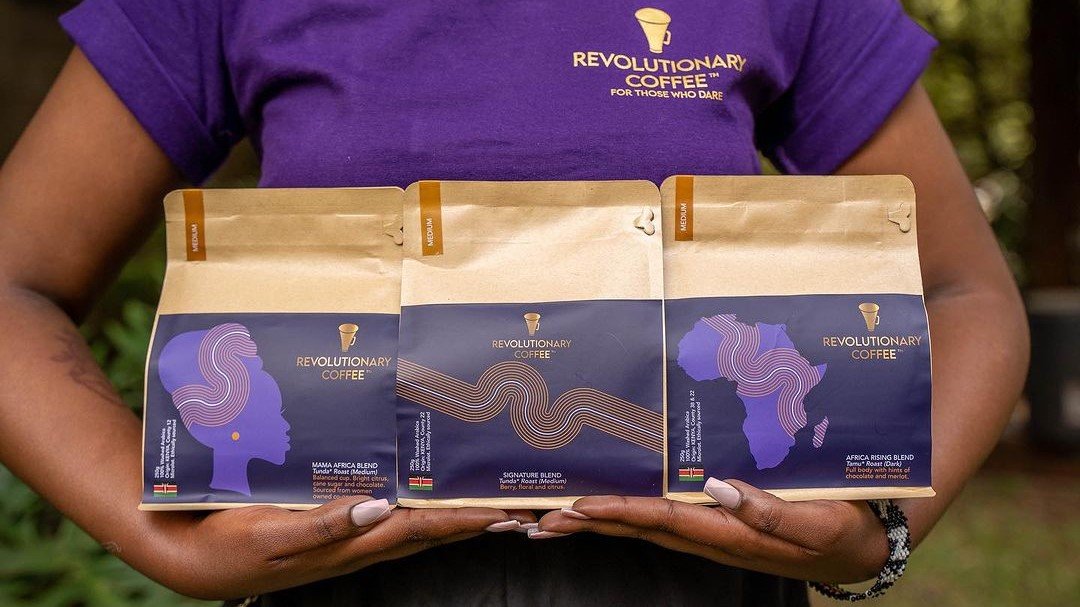
Oct 21, 2023 'Specialty Coffee Should be Enjoyed by Those Who Grow It': The Farmer's Daughter Joining Kenya's Coffee-drinking Revolution Oct 21, 2023 Oct 21, 2023
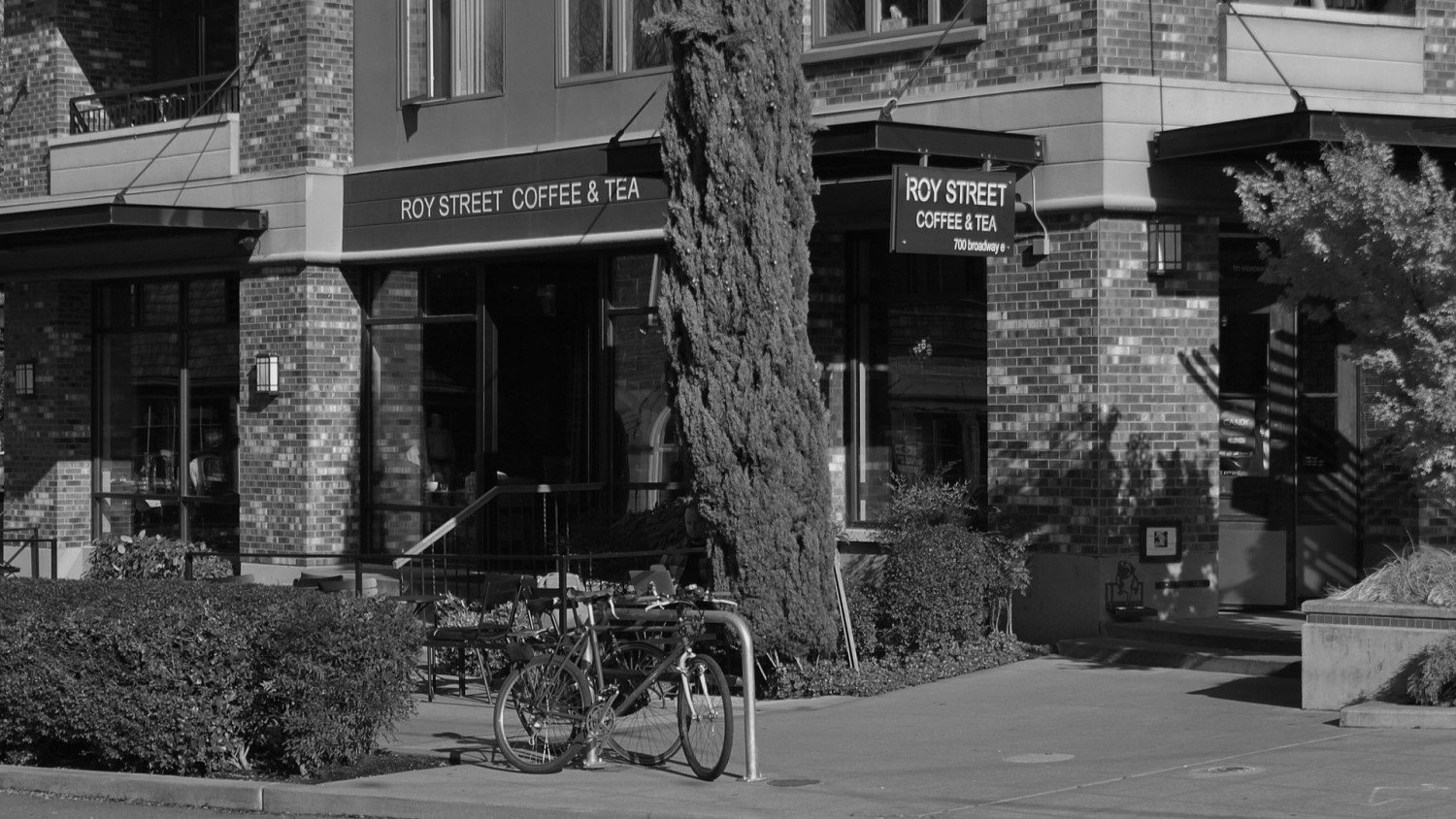
Oct 6, 2023 Stealth Starbucks: A Premonition of Modern Specialty Coffee Oct 6, 2023 Oct 6, 2023
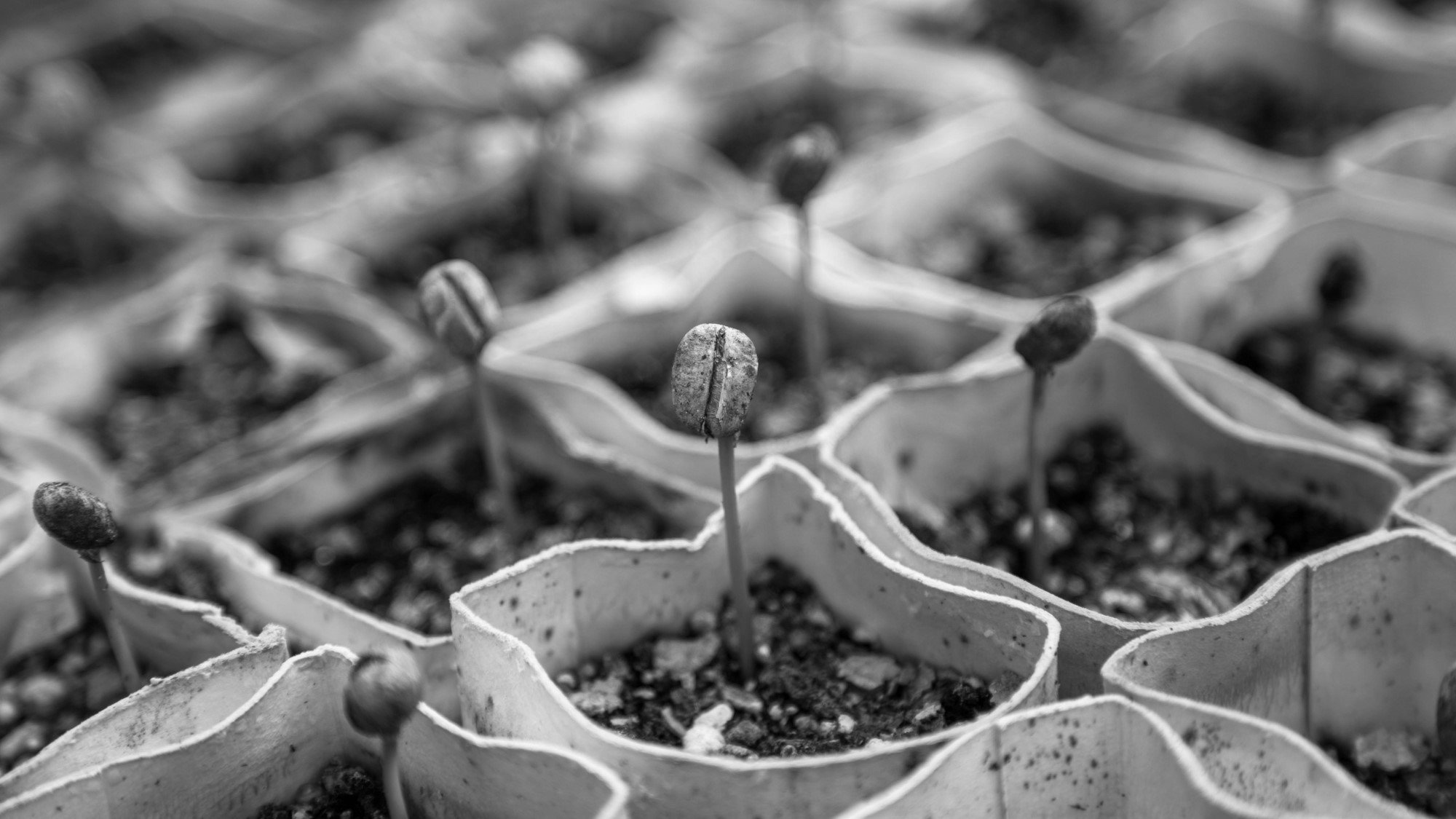
Sep 22, 2023 Can the Coffee Change Fund Save Coffee? Sep 22, 2023 Sep 22, 2023
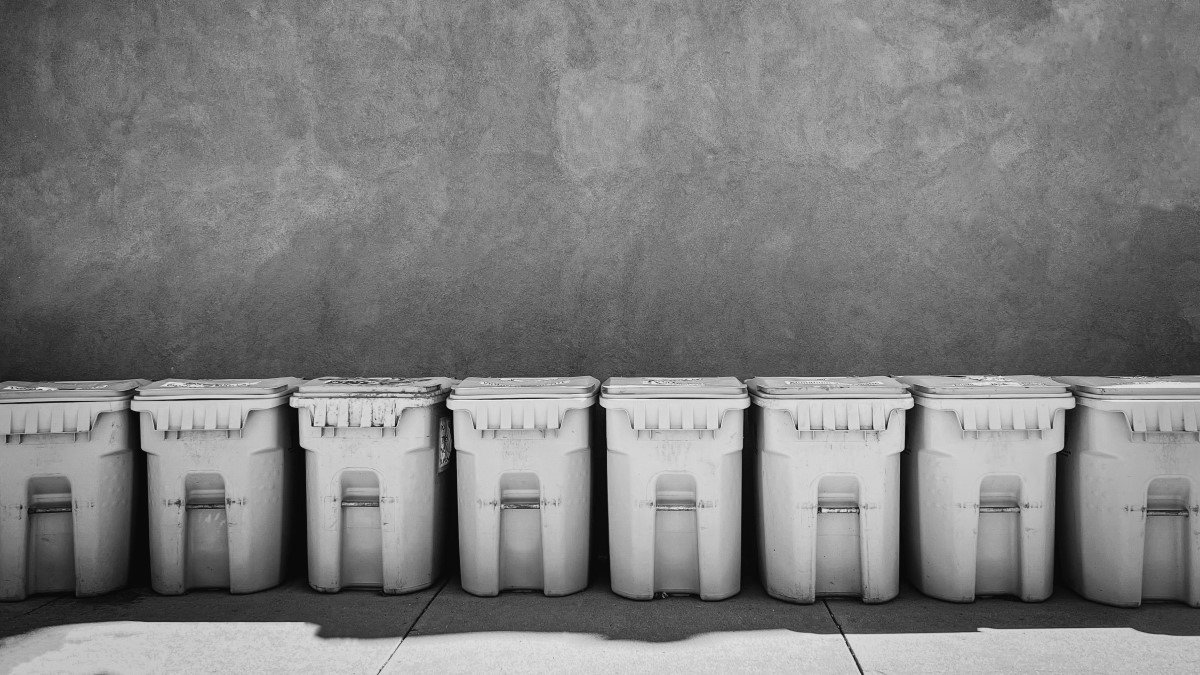
Sep 8, 2023 Upcycled Coffeewashing Sep 8, 2023 Sep 8, 2023
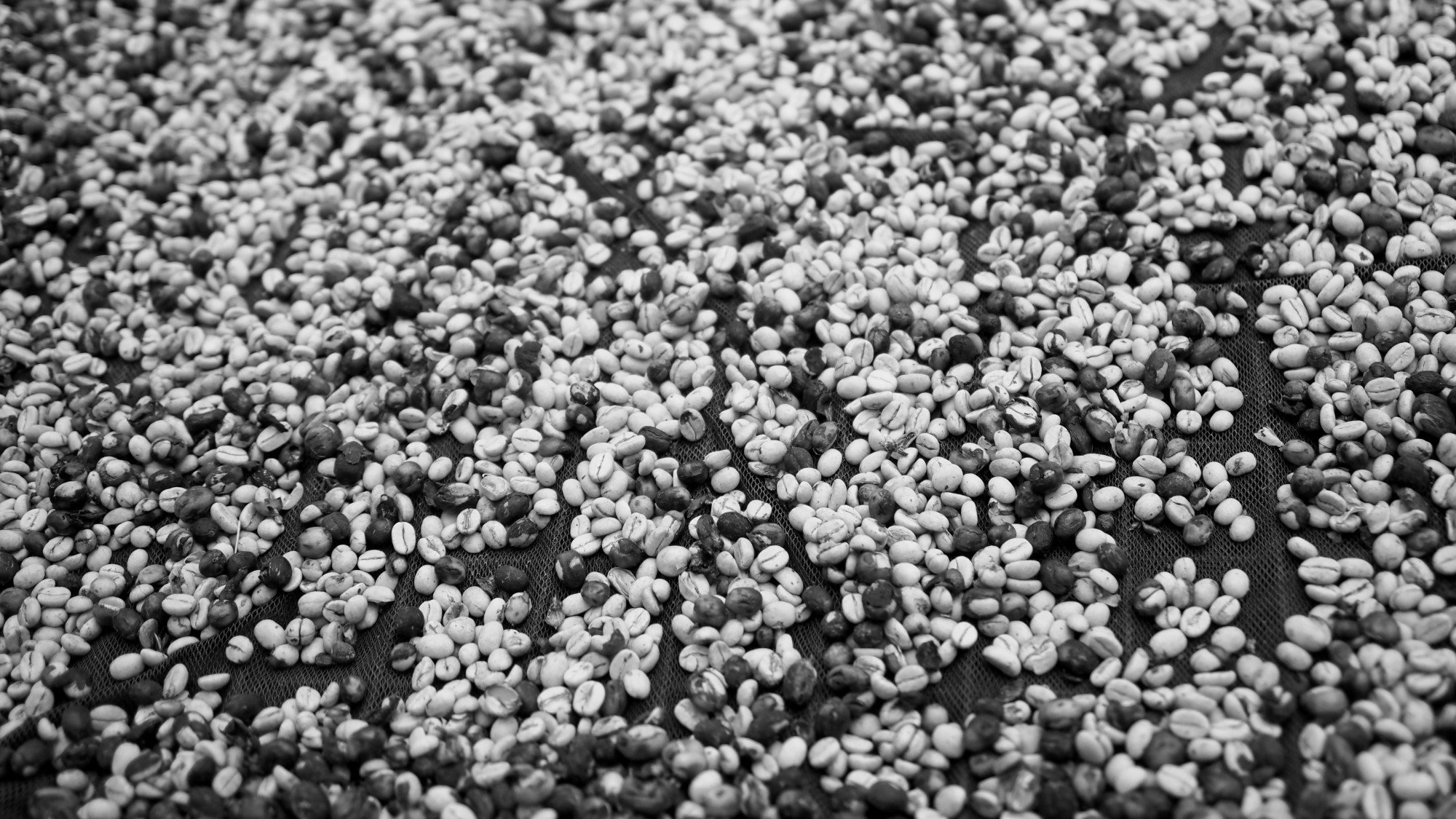
Aug 25, 2023 From A Concerned Farmer Aug 25, 2023 Aug 25, 2023

Aug 11, 2023 Philly is a (Coffee) Union Town Aug 11, 2023 Aug 11, 2023
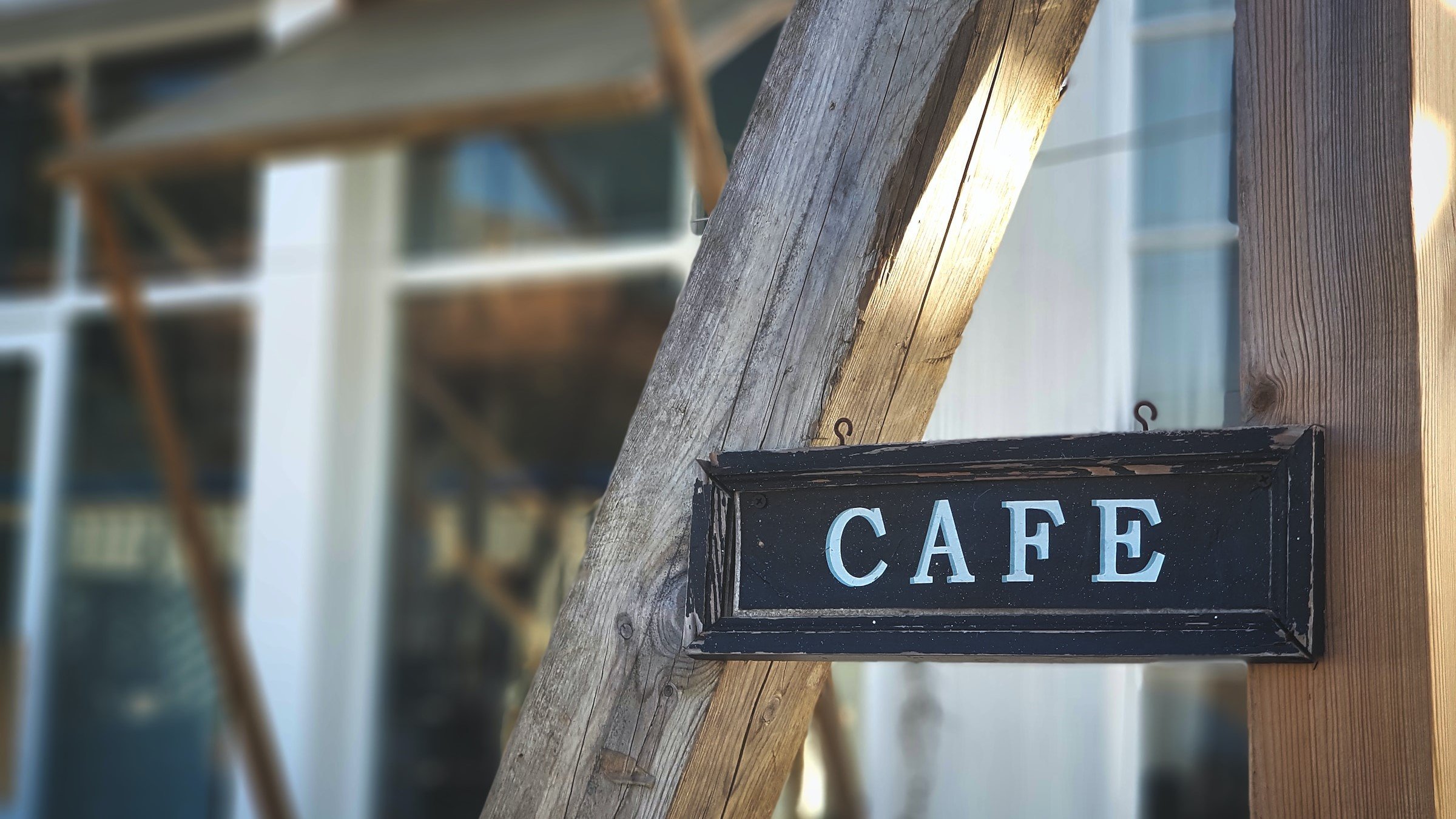
Jul 28, 2023 South Korea's Coffee Wars Jul 28, 2023 Jul 28, 2023
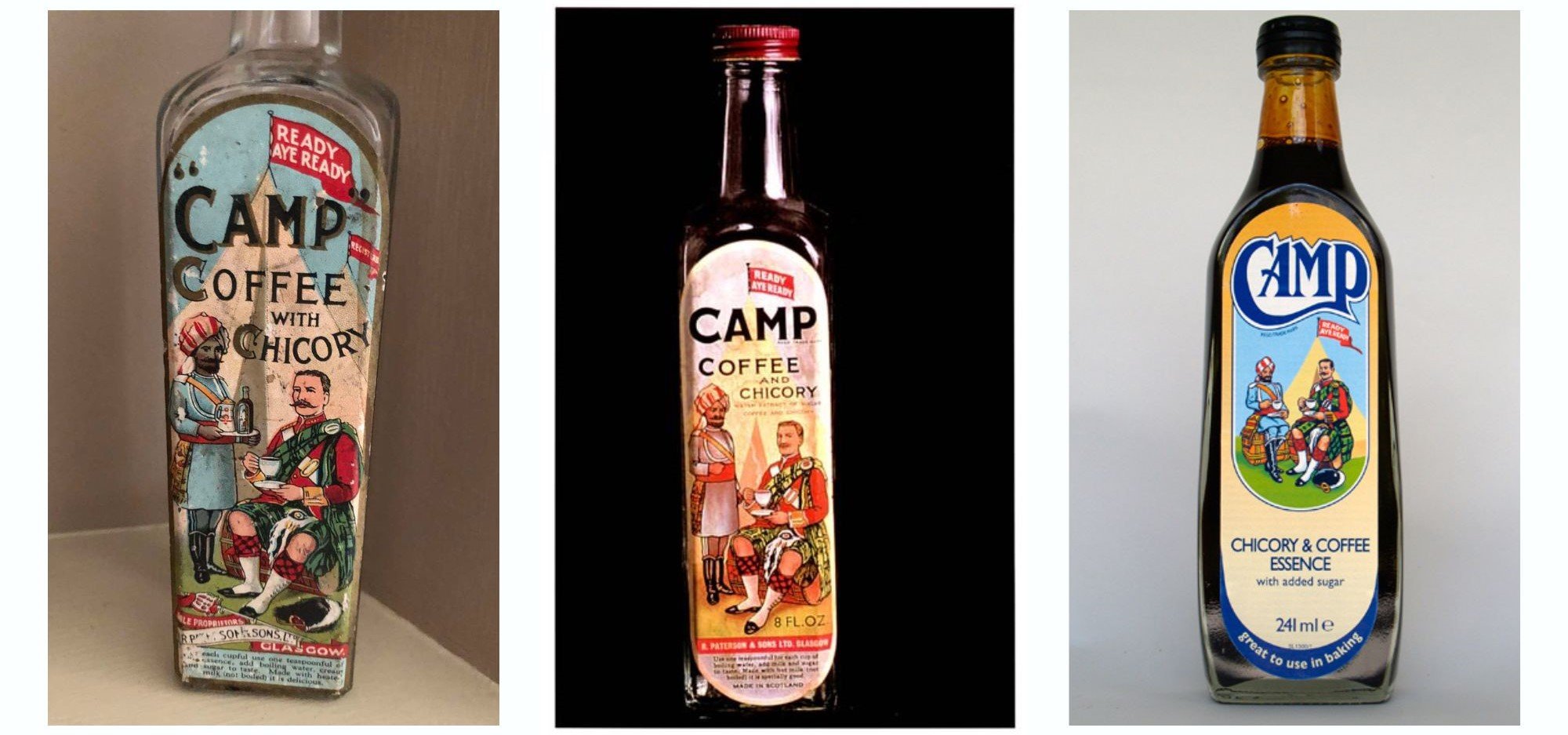
Jul 14, 2023 Camp Coffee, Colonialism, and the Evolution of a Brand Jul 14, 2023 Jul 14, 2023
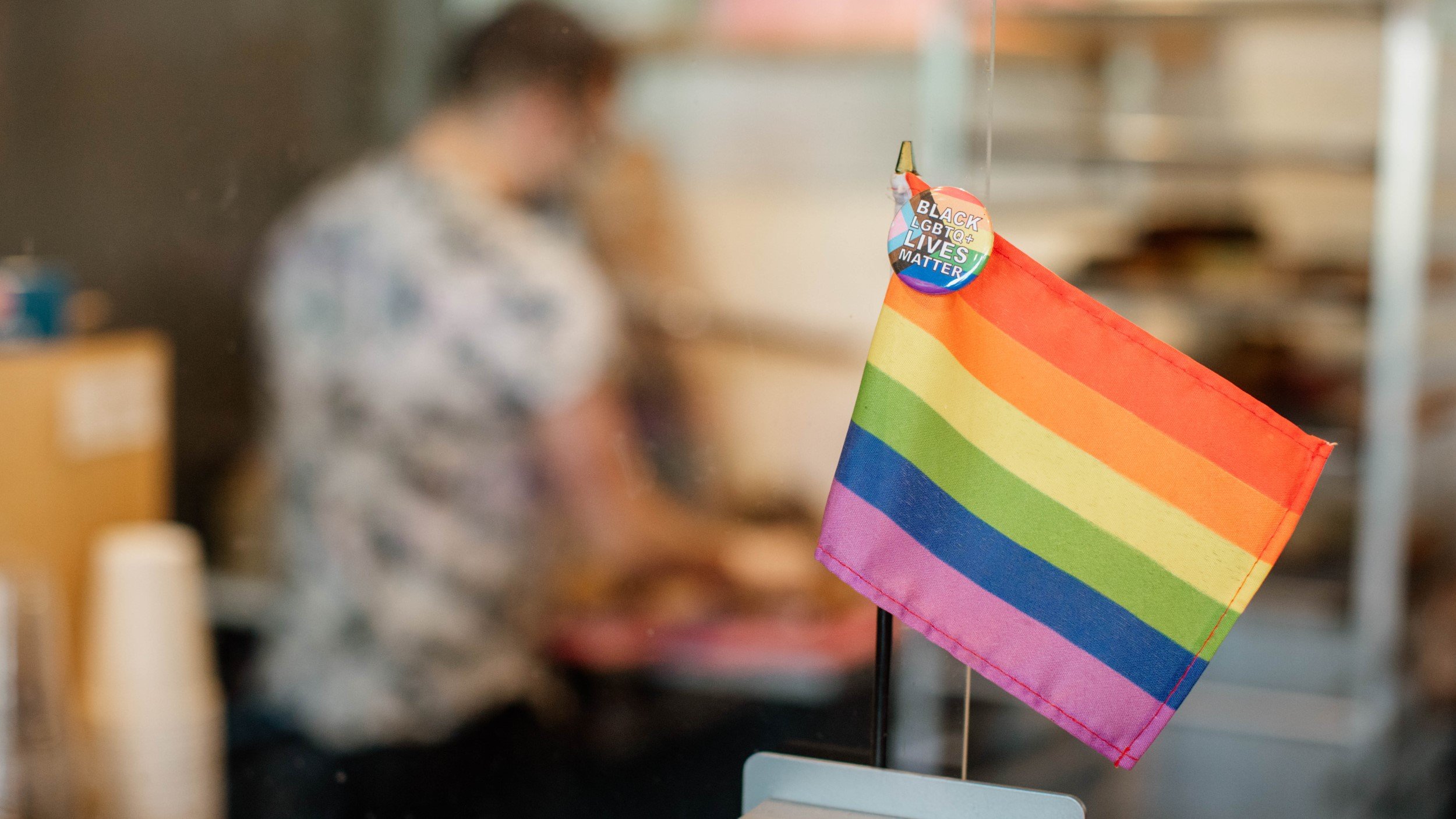
Jun 30, 2023 Defiance and Gay Frog Donuts: How Strange Matter Coffee is Navigating the Anti-LGBTQ+ Backlash Jun 30, 2023 Jun 30, 2023
A newsletter about coffee—its culture, politics, and how it connects to the wider world.